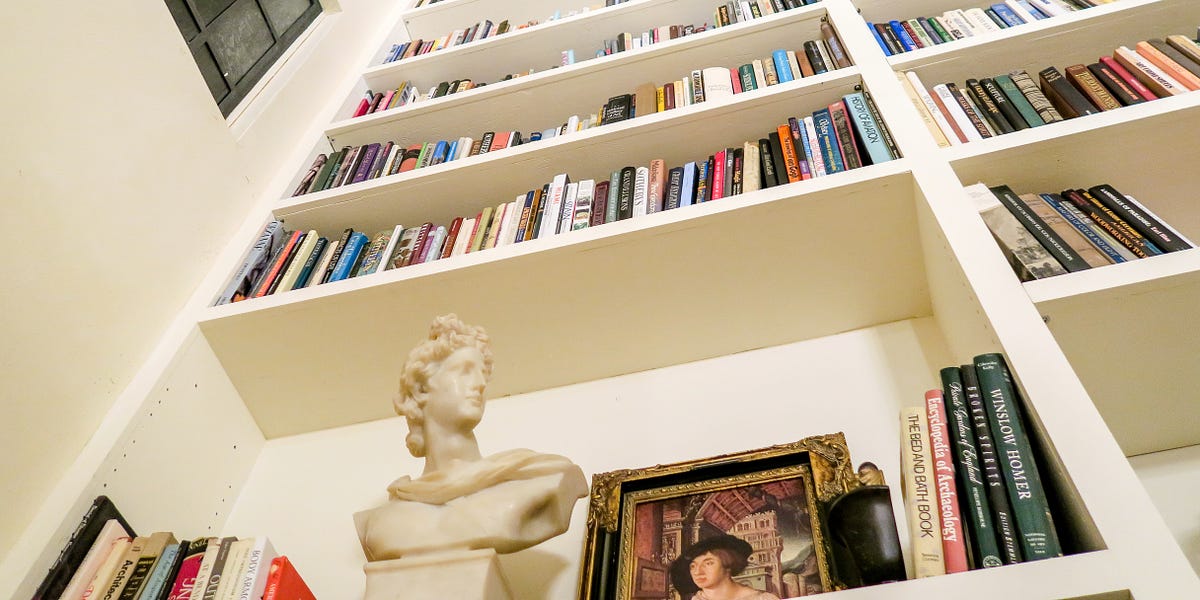Medicine for me, poison for you
Philosophy is like a poison -- a medicine for some may be a poison for others.
Philosophy is like a poison -- a medicine for some may be a poison for others.

Philosophy is like a poison.
A poison for some might be a medicine for others.
As Derrida points out, Plato’s word pharmakon possesses both these valences — what may stimulate your self-healing processes may just as easily become the poison which kills you.
Deconstruction is like this too — a drug, not meant for everyone and their condition. Although you wouldn’t know it with so many pill pushers agitating for their pharmakon.
We don’t receive a list of possible side effects, and when we do, the symptoms are themselves extolled.
I consider deconstruction to be a symptom of a sick and bored age. It’s not so much wrong as it is cruel, akin to cutting yourself to mark the time.
Deconstruction could only have been born in the slave’s mind, for the slave is much more observant than the master. The slave must learn the master’s fickle moods, and predict when he will receive blows.
Every word hides a beating. The slave hangs on every syllable.
The slave’s condition drives him to practice an astuteness which does not even begin to enter the master’s mind. Only the slave needs to deconstruct.
Deconstruct or be deconstructed.
Deconstruction may accurately observe the play of the mechanism of signification and the constitutive openness of signifiers, but its accuracy no more recommends it than a poison commends itself as a medicine – For the right person, perhaps.
For the wrong person, a fatal mistake.
But the slave is too clever by half. In his brilliance, he lays a trap for himself.
This explains why Nietzsche maintains the paradox that although the Judaeo-Christian tradition did indeed overcome a vitalist paganism, this victorious ideology nonetheless continues to propagate the mind-virus of the slave.
Victory is not so much a measure of greatness as it is of effectiveness, and who has honed their effectiveness more than the slave? The slave has swung his hammer a thousand times, and with each swing he adjusts ever so slightly.
But one cannot change how a slave thinks by simply putting a crown on his head.
We think because we are sick.
We reflect because we are troubled.
Why, I ask, must everyone deconstruct? Why not only some?
Why not only for a season?
Show me one who has returned from his season of deconstruction, and I will show you one half-dead, nursing a pounding headache, and peering at the world through one gangrenous eye.
YES
I stand here riddled with poison, but nonetheless, here I stand.
I think I can start to feel the medicine kicking in.
My friend Joel Carini recently wrote about an encounter he had in a coffee shop with a young man reading Heidegger. I resonated with parts of the story.
Like the young man in the story, I had also read James K. A. Smith in high school and college, consequently finding myself with a growing interest in "postmodern philosophy" (I've written about that journey elsewhere).
Unlike like this young man though, I have not walked away from the Christian faith or descended into a pessimism about the necessity of grappling with truth.

Joel describes this type of individal as an observable pattern – young evangelical kid who was taught worldview stuff in their church or youth group goes to Christian college, reads someone like James K. A. Smith, begins to deconstruct, and ends up deconstructing themselves right out of the faith, usually into some sort of consumerist ennui, militant secularism, or both.
I've seen the pattern too, and I would add that some of these folks manage to prolong their sojourn in the church through a last ditch attempt to revitalize their faith by converting to Roman Catholicism or Eastern Orthodoxy.
If they don't swim the Tiber or the Bosporus, these folks often end up indistinguishable from their secular counterparts, either plodding along in a dying mainline denomination or simply walking away from the Christian church altogether.
I'm sympathetic to this problem. The Christian community is the big dysfunctional family that I call home, even if through gritted teeth at times.
I think that's the point though.
What efficacy can religion have if it doesn't force you again and again into the painful experience of having to encounter and love an other?
The alternative is to live in a narcissistic fantasy of our construction, which is where we instinctively want to retreat for comfort and security.
I have some critiques of Joel's epistemological project, and I'm planning to engage those in more detail in the future, but I want to clarify at the outset that I see Joel as a fellow traveler – we're aligned in our mission to reach those who claim to have been disillusioned by the Christian faith, but who have in their haste and despair traded their one dimensional religion for an even worse set of illusions.